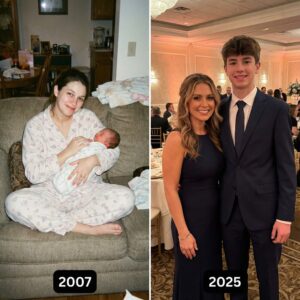When I lost my boyfriend of 15 years to cancer, my world fell apart. We had built a life together from nothing. He was kicked out by his parents at 17 for reasons he rarely talked about, but I knew it had been painful. Through sheer determination, he worked hard, saved every penny, and eventually bought a small house — our home. We made memories in every corner of that place, from painting the walls ourselves to planting the garden out back.
For years, his family had been absent. No calls. No visits. Not even during the hardest parts of his illness. But just weeks after the funeral, they suddenly reappeared — dressed in polite smiles and carrying an air of entitlement. Over tea at my kitchen table, one of them finally asked, “So… when can we expect you to hand over the keys to the house?”
I stared at them, stunned. They had ignored him when he was alive, and now they expected to inherit the only thing he’d ever truly called his own. I took a slow breath, trying to keep my voice steady. “You can have the house under one condition,” I said. Their eyes lit up — they thought they’d won.
I reached into a drawer and pulled out a sealed envelope with his handwriting on it. “He left this for you,” I said, placing it on the table. “Read it first.” Inside, my boyfriend had written a letter addressed to his parents. It wasn’t angry. It was honest — explaining the hurt they caused, the years he spent building a life without their support, and the love he found elsewhere. At the end, he wrote: ‘This house belongs to the person who stood by me when no one else did. It’s not just a house. It’s our story.’
Silence filled the room. No one reached for the keys again. They left quietly that day, taking the letter but nothing else. The house remained mine — not because of a legal battle, but because of his final, unwavering choice.





